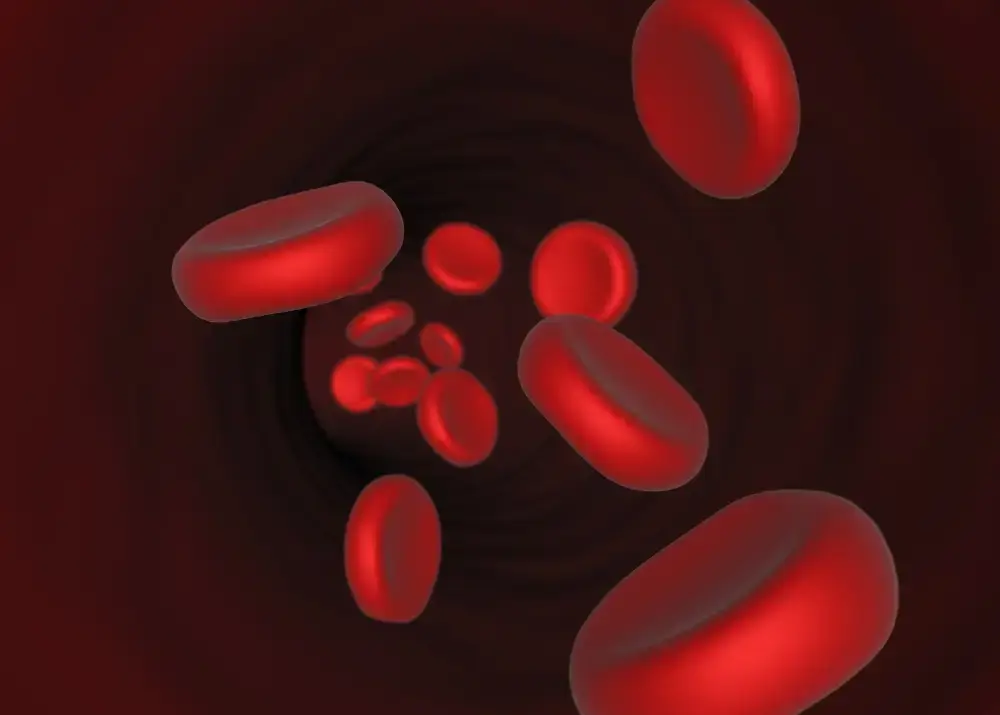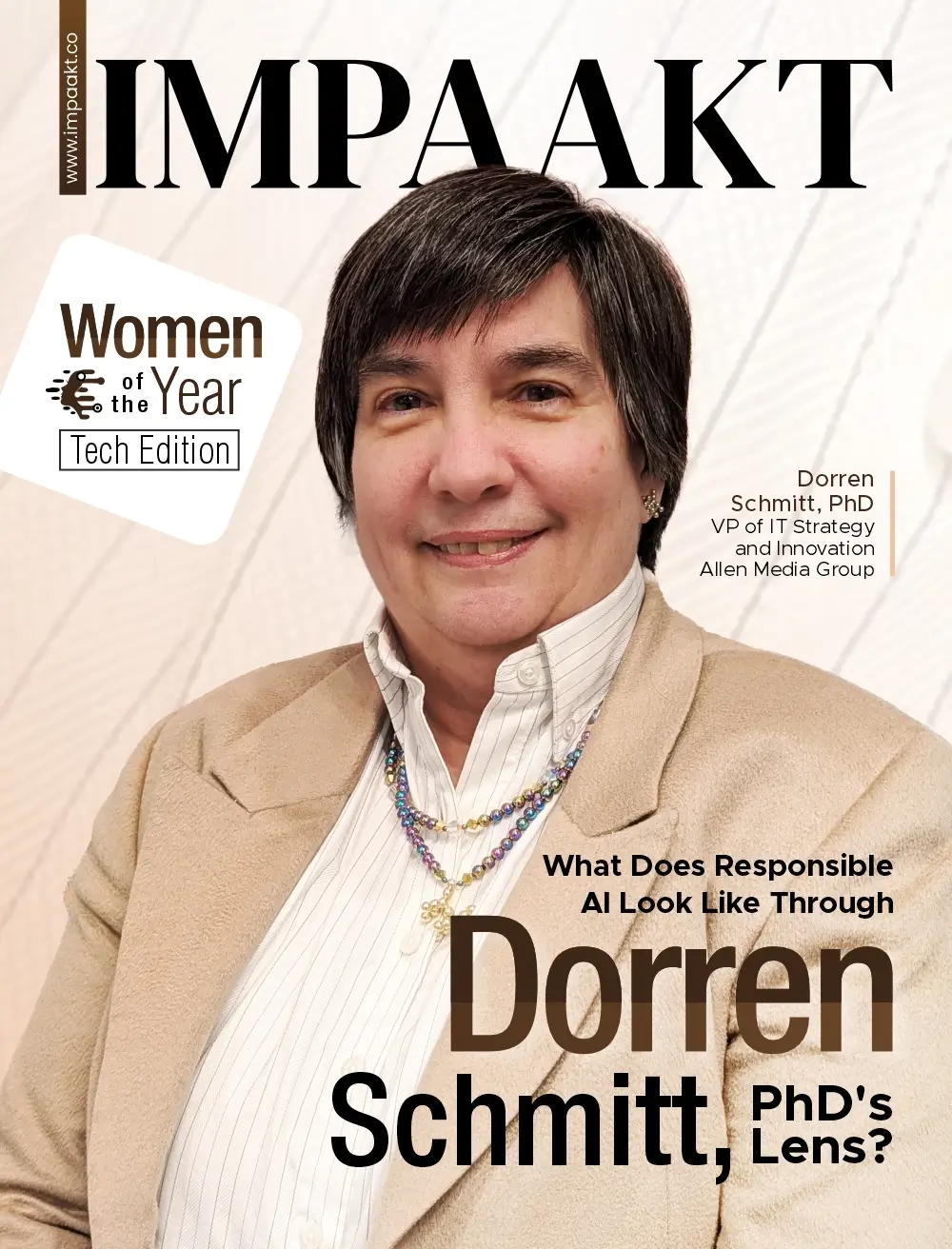U.S. regulators are anticipated to grant approval for the use of exa-cel in sickle cell patients by the week’s end, following the U.K.’s recent approval of the same therapy, marketed as Casgevy. Concurrently, regulators in the U.S. are assessing another gene therapy, lovo-cel from Bluebird Bio, designed to alleviate pain crises. This alternative treatment, distinct from exa-cel but administered similarly, is expected to secure approval later this month.
The potential approval of exa-cel by the U.S. Food and Drug Administration represents a significant scientific achievement roughly a decade after the discovery of CRISPR technology. It also signifies a breakthrough for patients seeking improved options. However, this development poses a considerable challenge for the American healthcare system, as industry watchers estimate a cost of around $2 million per patient, potentially impacting tens of thousands of eligible individuals.
The groundbreaking treatment, a product of the CRISPR-Cas9 gene-editing system, addresses sickle cell disease, described by scientist Linus Pauling as the first molecular disease in 1949. Originating primarily in Africa, sickle cell disorder varies in severity, with one CRISPR gene-editing session activating fetal hemoglobin to maintain healthy red blood cell shapes. The entire process, from extracting and editing blood stem cells to infusion, requires months.
More IMPAAKT Health Coverage
Mental Health on Unequal Ground: A Sobering NHS
Report For US Artists, Healthcare Is an Elusive Encore
From Awareness to Action on World Mental Health Day
Vertex Pharmaceuticals and CRISPR entered into a collaboration in 2015 to develop gene-editing treatments, with Vertex poised to lead the launch of exa-cel upon approval. The company views exa-cel as a lucrative opportunity, focusing on severe cases affecting approximately 32,000 individuals in the U.S. and Europe.
Despite potential optimism, Wall Street remains cautious about exa-cel’s commercial success, projecting $1.2 billion in sales for Vertex in 2028, a fraction of the company’s overall revenue projection. Additionally, concerns about the extended treatment timeline, chemotherapy-related risks, limited facility availability, and the $2 million cost per patient may impact widespread adoption.
While Dr. Markus Mapara, director of blood and marrow transplantation at NewYork-Presbyterian/Columbia University Irving Medical Center, refrains from labeling exa-cel as a cure, clinical trial data indicates a remarkable reduction in pain crises for most participants. However, challenges such as treatment accessibility, potential side effects, and high costs underscore the complex landscape surrounding this innovative gene therapy.











